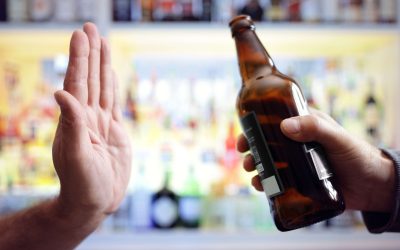This is one of the more concerning myths about alcoholism, the idea that a person must hit rock bottom before getting better. A person should not have to wait until things have gotten terrible to reach out for help. Some people struggling with alcohol use wait a long period of time before reaching out for help, others get help as soon as they sense something is wrong.
It is made from fermented sugarcane juice using a water wheel and is exceptionally flavorful. Locals drink this straight from water chaser and we recommend to do the same, because why not.
About Mental Health
Taking acetaminophen with alcohol, for instance, increases your risk of liver failure. You may think that drinking can help alleviate pain, but evidence suggests that chronic drinking can worsen pain levels. There’s also a direct link between excessive drinking and the risk of committing sexual assault. Also, a person who is too intoxicated can’t consent to sexual activity. Even though alcohol can lower your inhibitions, it’s also considered a depressant. This means that alcohol can reduce sex drive and impact a person’s ability to maintain an erection.

While everyone has their own pace, it’s important to be realistic and not wait too long for things to get worse. If something has alcohol in it, there’s a chance you can get hooked on it if you abuse it enough. While that sentiment might work for most people, for those suffering from alcoholism, it’s not that easy. This is one of the most common ways that people suffering from alcohol abuse or alcoholism end up relapsing. Another myth about alcohol addiction is that drinking beer or wine is healthier than hard liquor.
If You Are An Alcoholic You Can’t Be Successful
Seeking professional alcoholism treatment can drastically increase a person’s chance of recovery and can be a great help for relapse prevention after treatment. There are many alcohol and addiction resources available to help a person reach sobriety. There are many myths about alcoholism and reaching sobriety with the right help is not one of them. Alcoholism and addiction are more complex and complicated than simply what a person drinks. Regardless of the drink, excessive drinking will have consequences and effects on a person’s life. Not to mention the domino effect of drinking more and more while potentially mixing alcohol with other drugs.
Those who et addicted to alcohol find it difficult to get off it. Definitely, it turns out to be a costly affair and many cannot afford it. In fact, families suffer on account of the husband’s drinking habit and forgo many things in life. Social drinking is very popular and also officially many take to drinking as they feel it boosts their career prospects. Initially, a person starts drinking with his peer group with the view that it does not become a habit.
It’s Okay if You Only Drink on The Weekends
Alcoholism is an intense condition that is not healed by simply wanting to stop drinking. Along with the physical effects, alcohol has on the body, a person’s mental state can also be affected. Those who suffer from alcoholism do hold a level of willpower; many may be able to hold down jobs or get through their day.

Some older adults may start to drink more because they are bored or feel lonely or depressed. There are many different paths that will lead the individual away from addition. Some people seem to do better with the help of a recovery fellowship like Alcoholics Anonymous, but there are other people who prefer myths about alcoholism to go it alone. Many people benefit from therapy in recovery, but this is not something that appeals to everyone. There is no one right way for how people should achieve sobriety. In fact insisting that a newly sober person takes a path that does not suit them could even be detrimental to their recovery.
Myth #7: Drinking Alcohol Occasionally When You’re An Alcoholic Is Fine
A person can suffer from alcoholism if they drink up to 14 drinks a week (14 for men, seven for women) or three to four drinks a day. Heavy drinking and alcoholism are characterized by how much a person drinks not when they drink. Whether it be on the weekends or just a few days a week, a person’s heavy drinking patterns are what describes alcoholism. Alcoholism is a disease that affects the person drinking and everyone around them. Close family, friends, co-workers, children, and peers can all be affected by a person’s drinking problem.

